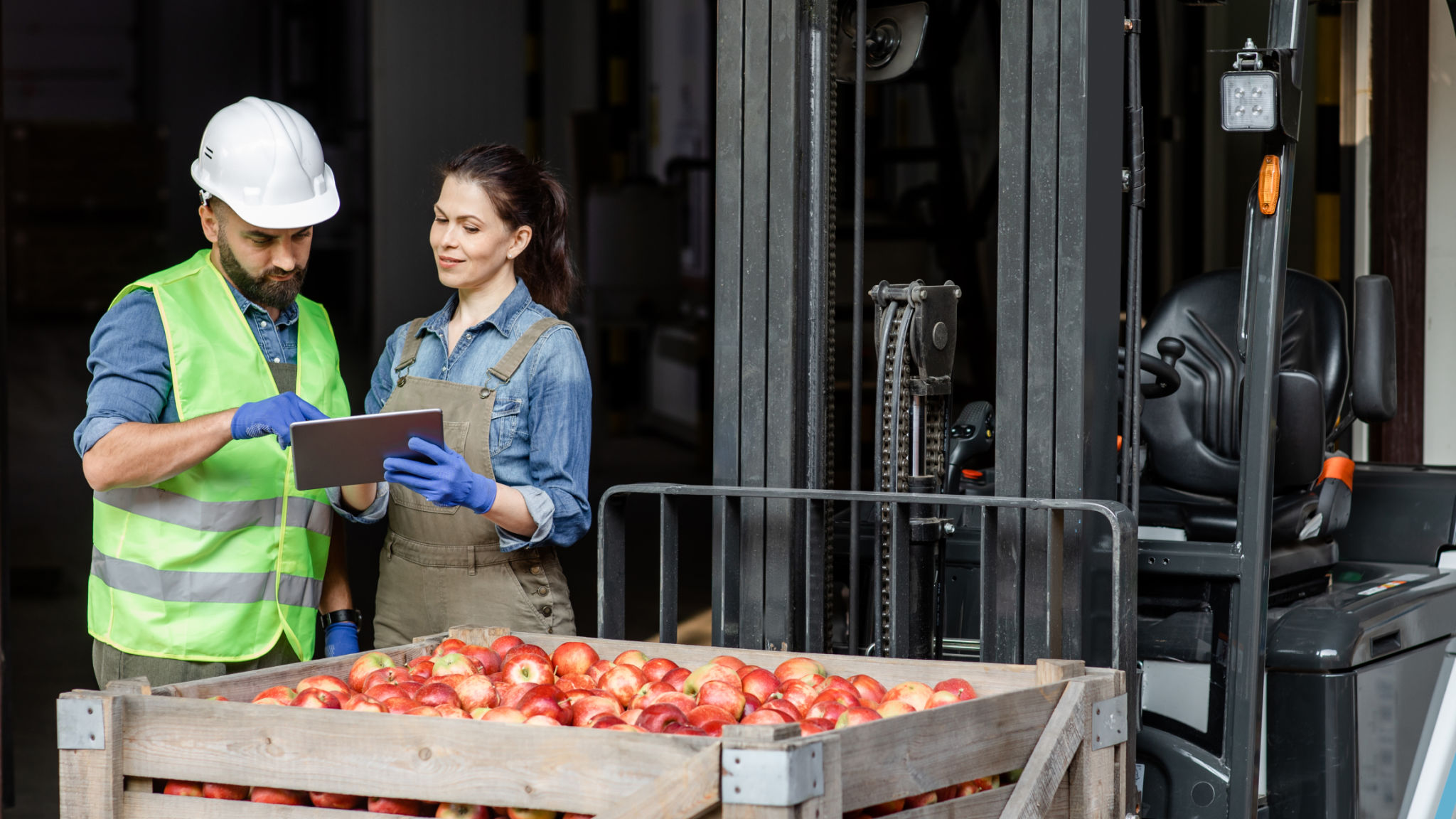How to Navigate Regional Regulations in Fruit Exporting from Dubai
Understanding Regional Regulations
Exporting fruit from Dubai involves navigating a complex web of regional regulations. Each country has its own set of rules and requirements that must be adhered to in order to successfully export produce. Understanding these regulations is crucial to avoid delays and ensure that your shipments are not rejected at the destination.
Firstly, it's important to identify the specific regulations of the target country. This could include phytosanitary requirements, import permits, and product labeling standards. Ensuring compliance with these regulations will help streamline the export process and minimize risks.

Researching and Staying Informed
Staying informed about changes in export regulations is essential for any business involved in fruit exporting. Regulations can change frequently, influenced by factors such as trade agreements, health concerns, and political shifts. Regularly consulting government websites, trade associations, and industry publications can provide valuable updates.
Additionally, consider joining export-related forums and discussions where industry professionals share insights and experiences. Networking with other exporters can also provide firsthand knowledge of potential challenges and solutions.
Documentation and Compliance
Proper documentation is a cornerstone of successful fruit exporting. Exporters must ensure that all documentation is accurate and complete before shipping. Key documents include the commercial invoice, packing list, bill of lading, and certificates of origin.

Failure to present the correct documents can lead to shipment delays or even rejections at the border. It's advisable to work closely with a freight forwarder or customs broker who can help navigate the documentation process and ensure compliance with all regulatory requirements.
Leveraging Technology for Efficiency
Utilizing technology can greatly enhance the efficiency of managing export regulations. There are numerous software solutions available that can automate compliance checks, monitor regulatory updates, and manage documentation. These tools can save time and reduce the risk of human error.
Moreover, technology can assist in tracking shipments in real-time, providing full visibility into the supply chain. This transparency helps in responding swiftly to any issues that may arise during transit.
Partnering with Experienced Logistics Providers
Choosing the right logistics partner is pivotal in navigating regional regulations effectively. Experienced logistics providers have a deep understanding of international trade laws and can offer valuable guidance throughout the export process.

They not only manage the transportation of goods but also assist with compliance, documentation, and risk management. Collaborating with a reliable logistics partner can significantly ease the burden of handling complex regulatory requirements.
Conclusion: Continuous Learning and Adaptation
The landscape of fruit exporting from Dubai is continuously evolving. Exporters must remain vigilant and proactive in adapting to regulatory changes. By understanding regional regulations, maintaining comprehensive documentation, leveraging technology, and partnering with experienced logistics providers, businesses can successfully navigate the complexities of fruit exporting.
Ultimately, staying informed, being adaptable, and seeking expert advice are key strategies to ensure smooth operations and maintain a competitive edge in the global market.
